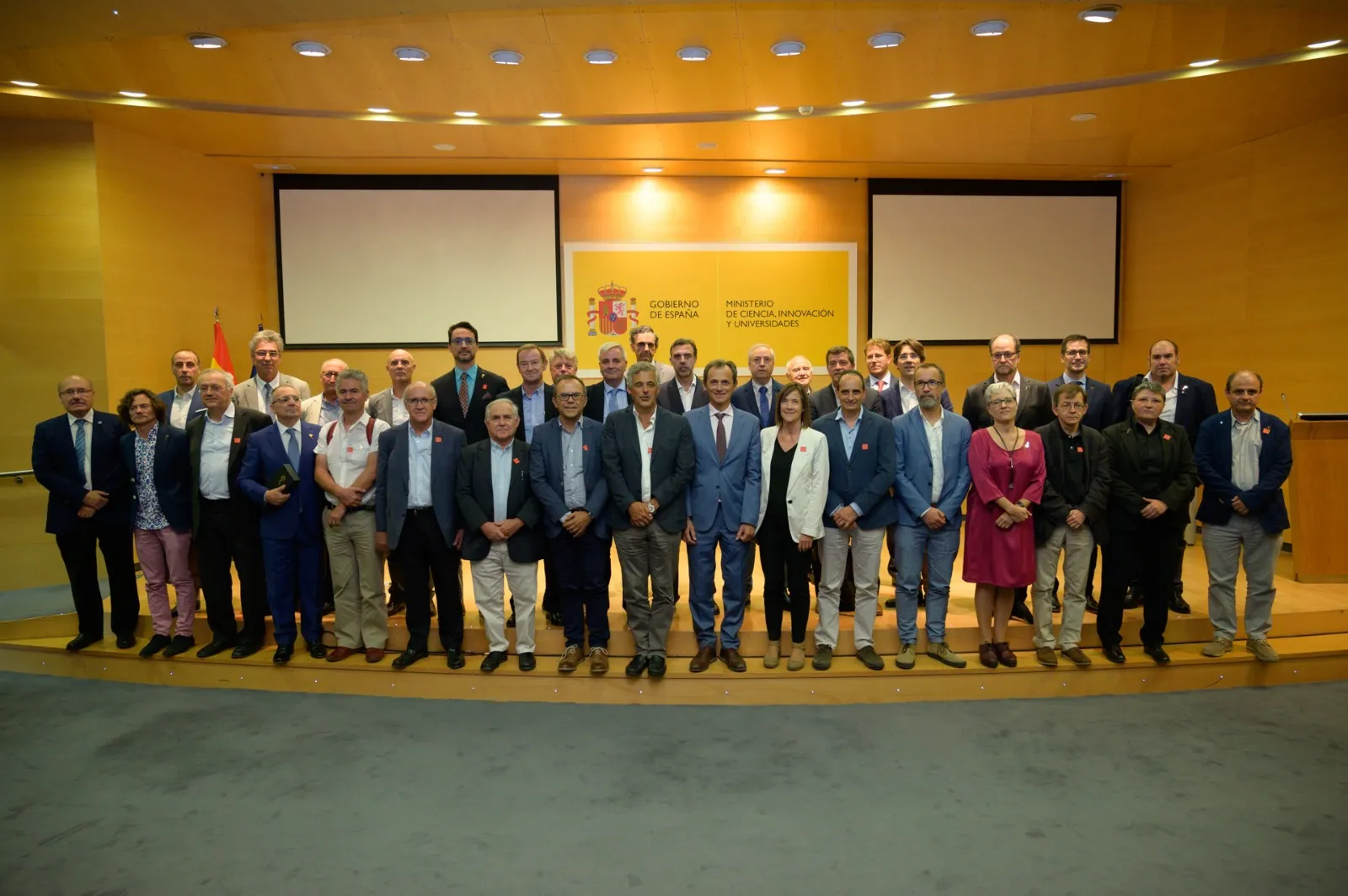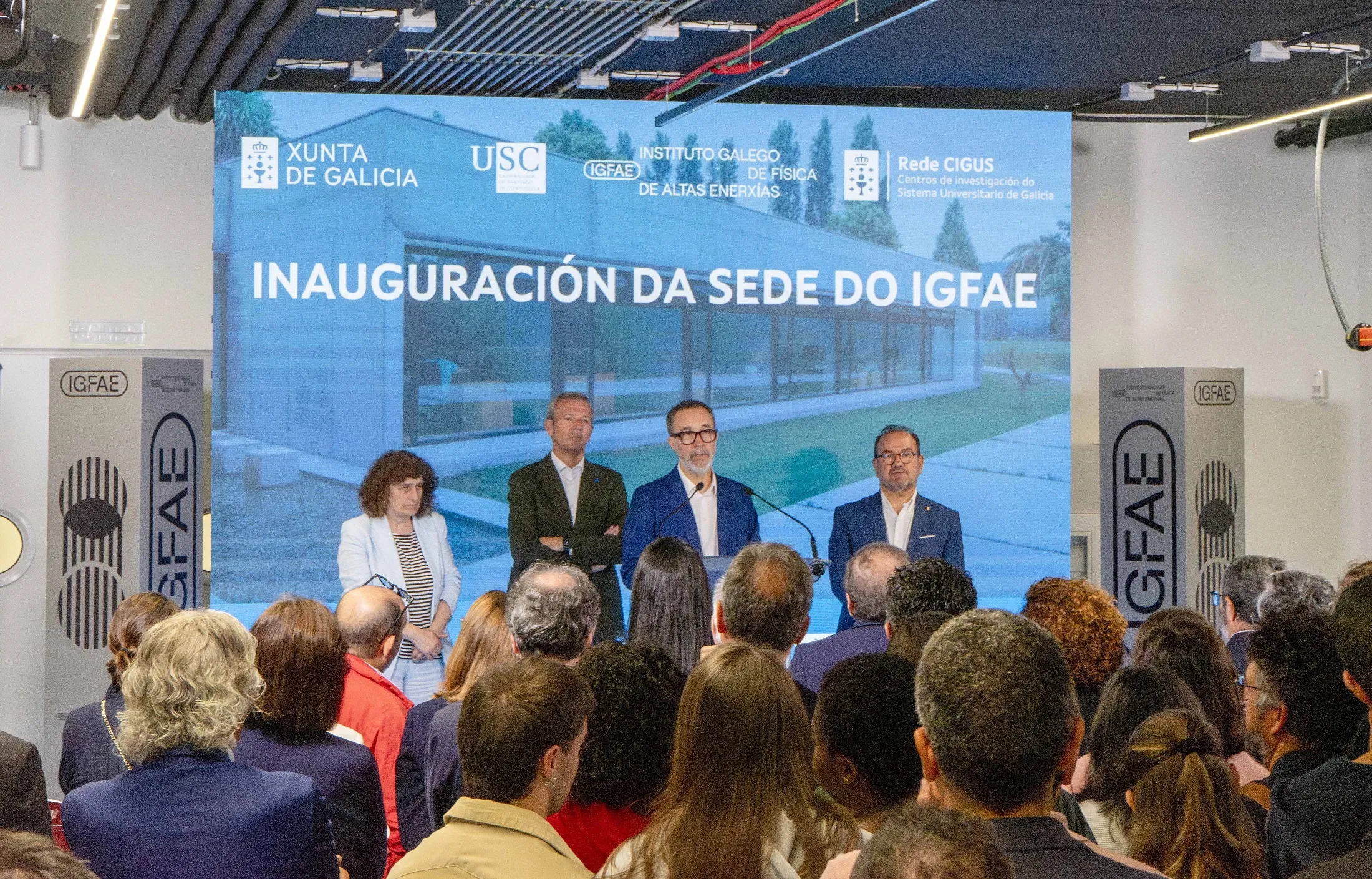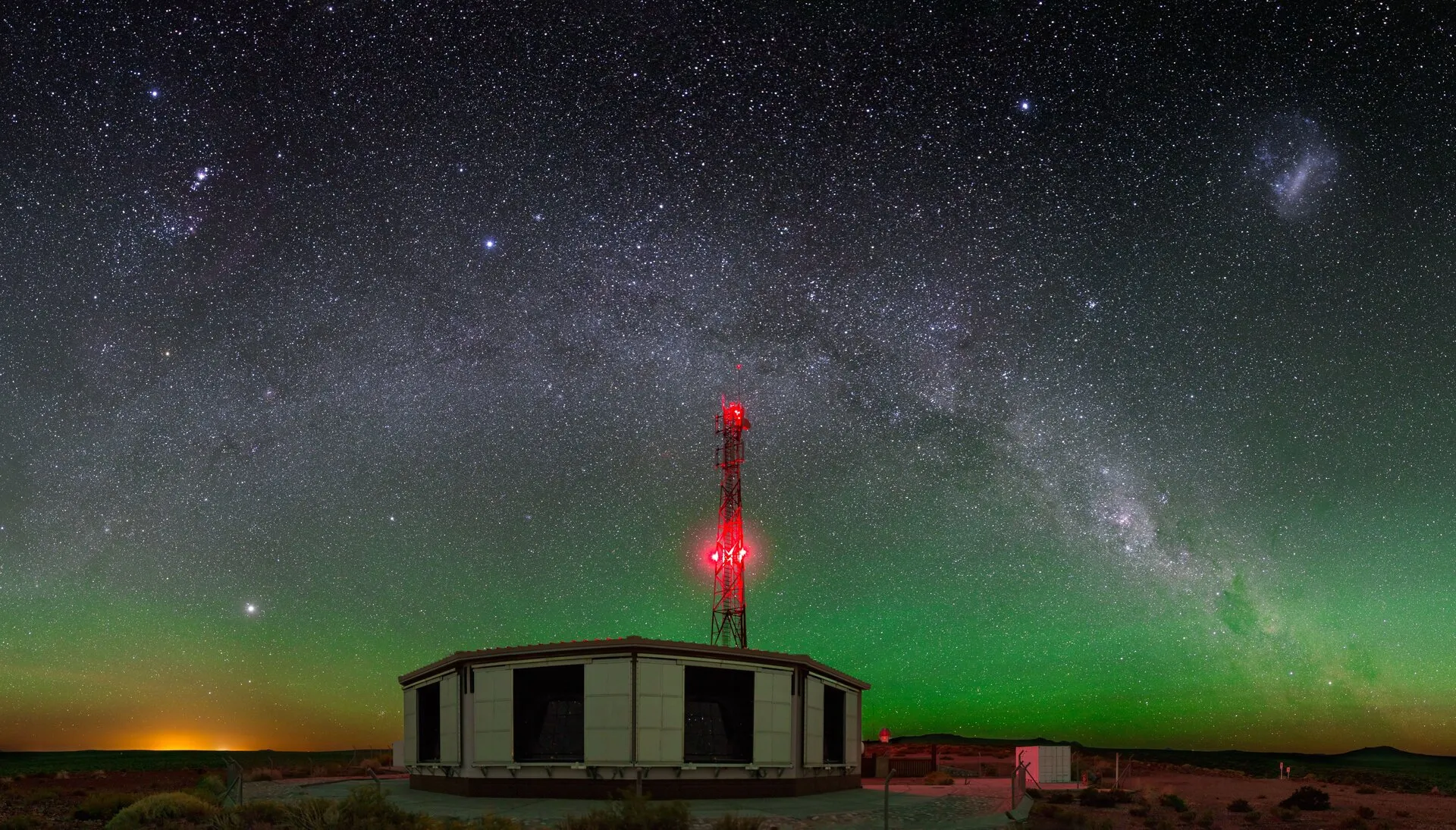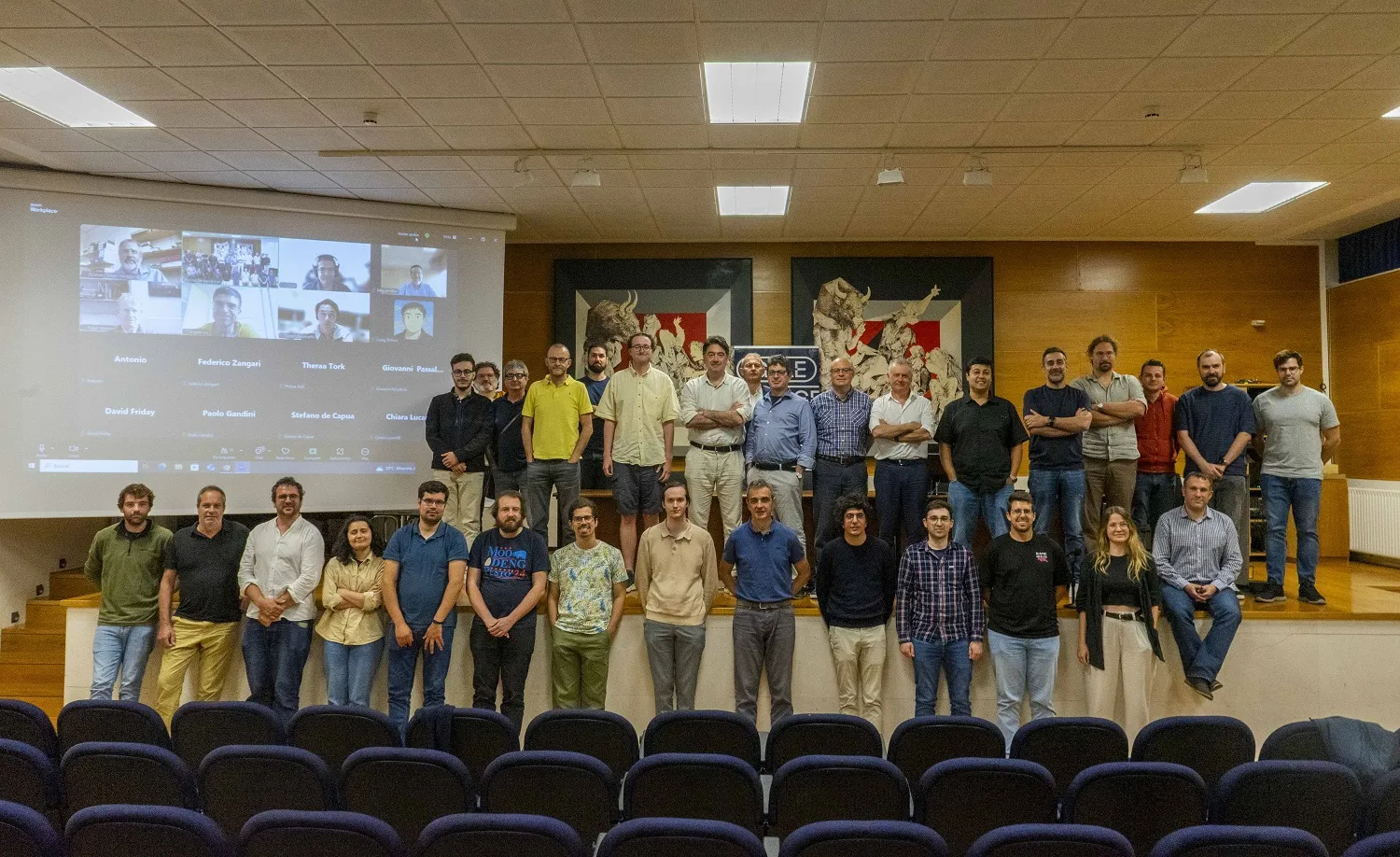O físico Daniel Pablos unirase nas próximas semanas ao equipo do Instituto Galego de Física de Altas Enerxías (IGFAE), centro mixto da Universidade de Santiago de Compostela (USC) e a Xunta de Galicia. Farao a través do programa europeo Marie Sklodowska-Curie Postdoctoral Fellowships (MSCA-PF), que financia a contratación de persoal científico cun máximo de oito anos de experiencia investigadora. A USC foi, na convocatoria de 2023, a segunda universidade pública española que obtivo un maior éxito neste programa, con nove propostas seleccionadas.
Daniel Pablos, orixinario de Tarragona, obtivo o seu doutoramento en 2016 baixo a supervisión do Prof. Jorge Casalderrey na Universidade de Barcelona. Posteriormente, desenvolveu a súa carreira posdoutoral na Universidade McGill de Canadá (dous anos), e a continuación permaneceu outros dous anos na Universidade de Bergen (Noruega).
Máis tarde, acadou a bolsa Fellini do Istituto Nazionale di Fisica Nucleare (INFN), para desenvolver desde Turín (Italia) o proxecto JetQGP, “Jet Quenching and the Nature of the Quark-Gluon Plasma”, onde traballou tres anos.
Fenomenoloxía de chorros de alta enerxía en colisións de ions pesados
Pablos explica que, durante a súa carreira, a súa investigación centrouse “na fenomenoloxía de chorros de alta enerxía en colisións de ions pesados”. Así, desenvolveu “modelos cos que puidemos entender moitas das características observables da modificación dos chorros debido á interacción co medio formado nas colisións, o plasma de quarks e gluons”.
Na etapa máis recente, gran parte da súa actividade enfocouse a “entender e tratar de mitigar os efectos dos nesgos de selección na análise da subestrutura dos chorros, utilizando por exemplo Intelixencia Artificial, así como en buscar formas de describir e medir o efecto do paso do jet polo medio, cuxo aparente comportamento fluído fai esperar a aparición de estelas”.
Segundo expón Pablos, “a sorprendente medición de efectos de colectividade tipo fluído en colisións protón-protón e protón-núcleo, moi parecidos aos medidos en colisións de ions pesados, supoñen un reto para a comunidade científica de altas enerxías”.
Así, a través do financiamento do programa MSCA-PF, Daniel Pablos desenvolverá o proxecto AntScat, “Interactions among Coherent Objects and the Origin of Collectivity in QCD at Colliders”, no que estudará o tipo de correlacións inducidas polas interaccións entre obxectos que preservan coherencia cuántica, tales como dipolos ou antenas. Estas interaccións, conclúe “incluiranse en modelos de teoría cinética efectiva e modelos de duchas de partóns para cuantificar a importancia deste novo tipo de correlacións na descripción dos intrigantes efectos de colectividade presentes en todo tipo de colisións hadrónicas”.






